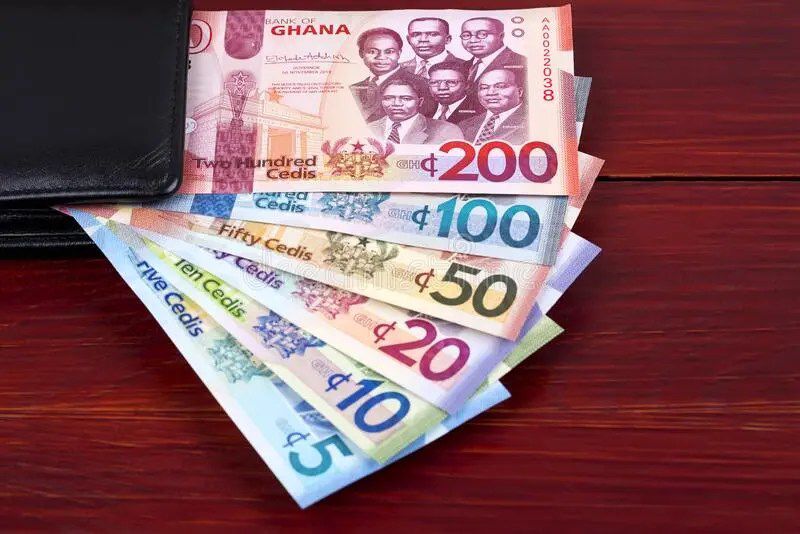The Ghanaian Cedi has experienced a notable appreciation against the United States dollar, reflecting a strengthening of the local currency. As of April 29, 2025, data from Cedirates.com, a reliable source for currency information in Ghana, indicates a buying rate of GHS14.34 per dollar and a selling rate of GHS15.05. This signifies a positive trend for the Cedi, suggesting increased purchasing power for Ghanaians engaging in transactions involving the US dollar. Forex bureaus, acting as key players in the currency exchange market, are offering slightly different rates, with GHS14.80 for those exchanging dollars for cedis and GHS15.50 for those converting cedis to dollars. This variation in rates reflects the dynamics of supply and demand at the retail level of currency exchange.
The interbank market, where financial institutions trade currencies, presents a slightly tighter spread. The Cedi’s buying rate for dollars stands at GHS14.37, while the selling rate is GHS14.39. This smaller difference between buying and selling rates in the interbank market is typical, given the higher volumes traded and the professional nature of these transactions. The appreciation of the Cedi against the dollar can be attributed to a confluence of factors, potentially including improved macroeconomic conditions, increased investor confidence, or favorable terms of trade. The specific drivers behind this positive movement would require further analysis of economic indicators and market trends.
The Cedi’s performance against other major international currencies also exhibits interesting trends. Against the British pound, average exchange rates are GHS19.02 for converting pounds to cedis and GHS20.11 for converting cedis to pounds. Similarly, the euro is trading at GHS16.19 for exchanging euros for cedis and GHS17.20 for the reverse transaction. These rates, while fluctuating, generally reflect the relative strength of the Cedi compared to these currencies. The Bank of Ghana’s interbank rates for the pound and euro are GHS19.29 and GHS16.40, respectively, again highlighting the tighter spreads observed in the interbank market.
Money transfer operators, facilitating remittances and cross-border payments, offer competitive rates for those sending funds to Ghana. LemFi provides a rate of GHS14.30 per dollar for transfers from the US or the UK, while Afriex offers a more favorable rate of GHS13.32. This difference underscores the competition within the money transfer sector and the potential for consumers to benefit from comparative shopping. For British pound transfers, LemFi offers a rate of GHS19.00, and Afriex provides GHS17.88. Euro transfers through Afriex are priced at GHS15.21, and LemFi offers GHS16.25 per euro. These variations highlight the importance of comparing rates before initiating international money transfers.
The exchange rates for digital subscription payments using Visa and Mastercard present another facet of the currency exchange landscape. For services like Netflix, Spotify, or Apple Music, Visa transactions are processed at a rate of GHS15.46, while Mastercard transactions use a rate of GHS15.41. This slight difference likely reflects the different fee structures and processing agreements between these payment networks and Ghanaian financial institutions. These rates are typically less favorable than the interbank or money transfer rates due to the added costs associated with international card transactions and currency conversion.
Overall, the Ghanaian Cedi’s recent performance against major currencies paints a positive picture of the currency’s strength. The appreciation against the US dollar, in particular, suggests improved economic conditions and increased confidence in the Ghanaian economy. However, continuous monitoring of exchange rates and economic indicators is essential to fully understand the underlying factors driving these trends and to predict future currency movements. The variations in exchange rates across different platforms and service providers highlight the importance of informed decision-making for individuals and businesses engaging in foreign exchange transactions. Comparing rates and understanding the associated fees and charges can lead to significant cost savings, particularly for regular international transactions like remittances or subscription payments.














